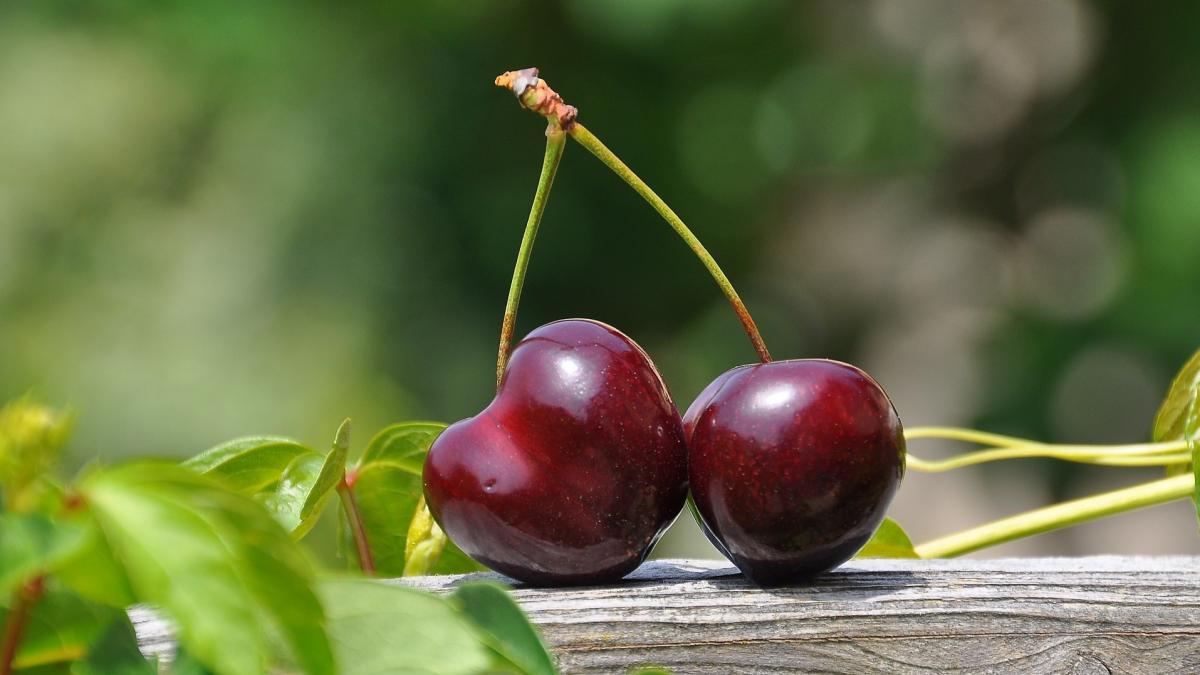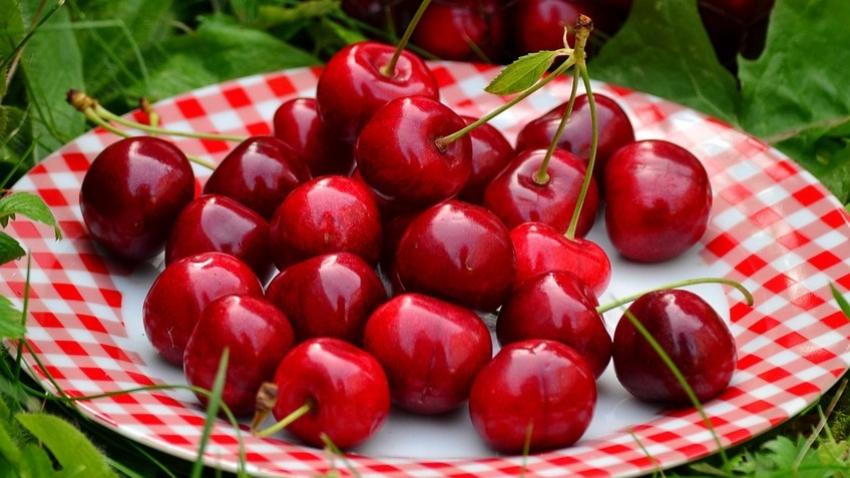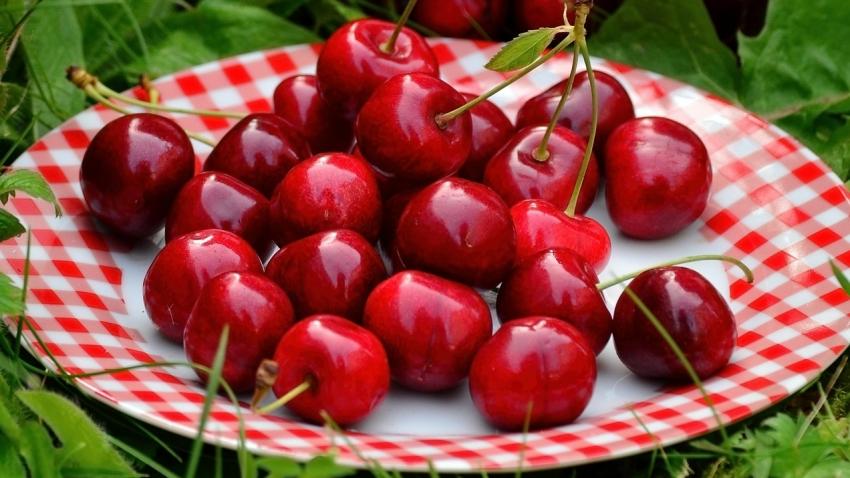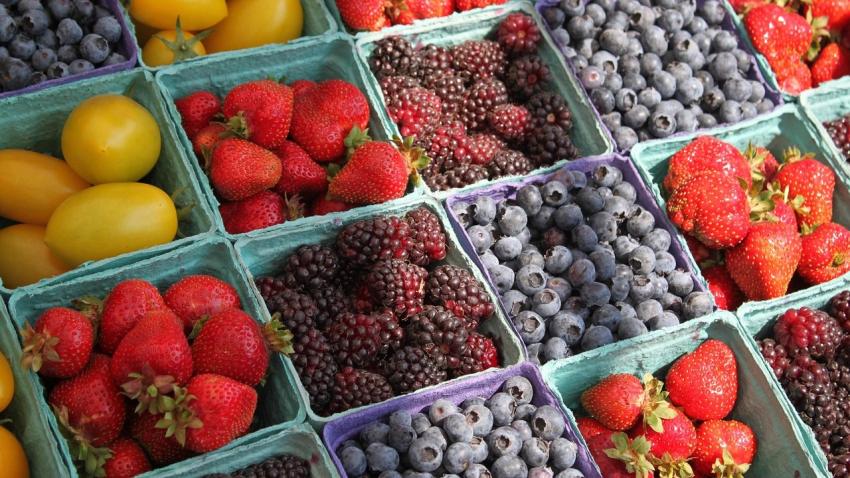You are here
Back to topPakistani Cherries Struggling To Meet China’s Import Standards

Pakistani cherry exports to China are becoming closer to reality, with the signing of the bilateral phytosanitary protocol in November of last year and the reopening of the Khunjerab Pass, the only land route between the two countries, in April. The General Administration of Customs of China recently informed Pakistan’s Ministry of National Food Security and Research through the Chinese Embassy in Islamabad that it would conduct compliance inspections of Pakistani orchards and cold storage facilities via video link. The notification letter also stated that Chinese authorities had authorized the import of cherries from Gilgit-Baltistan and other regions of the country.
Zulfiqar Monin, a Pakistani fresh fruit exporter, asserted that domestically grown cherries, particularly those from Gilgit-Baltistan, are juicier than average but also highly perishable, adding that they cannot be exported to China under the current phytosanitary requirements. The main issue is that before Pakistani cherries can enter China, they must be subjected to cold treatment, such as a temperature of 0.56 degrees Celsius or lower for at least 18 consecutive days or a temperature of 1.67 degrees Celsius or lower for at least 22 consecutive days.
The cherries presently grown in Pakistan can only withstand the stipulated temperatures for one week, essentially rendering them unsuitable for exporting to China under current rules. In addition, Gilgit-Baltistan does not have packhouses or sufficient cold storage facilities to handle the fruit in accordance with the protocol. As such, the industry hopes that the current rules can be loosened. One alternative would be for producers to begin growing imported cherry varieties, which can produce hardier fruit with a shelf life of approximately 25 days at the specified temperatures. However, this would require a long-term plan to expand cherry exports to China.
Gilgit-Baltistan is one of Pakistan’s main cherry-growing areas and produces a number of cherry varieties, including black cherries. As is well known, dark-colored cherries are particularly popular with Chinese consumers. The Pakistani cherry sector reportedly remains largely optimistic about its future of exporting to the world’s largest cherry market. In 2022, China imported 367,000 metric tons of cherries worth $2.77 billion, the vast majority of which originated from Chile.
The reopening of the Khunjerab Pass to all types of traffic in early April is expected to provide a boost to trade and other economic activities between China and Pakistan. The border crossing had been closed for almost three years since early in the COVID-19 pandemic, and prior to that it was generally only operational between April and November owing to the cold weather and high altitude. According to recent reports, the goal is now to keep the crossing open all year round, with the Chinese government deploying snow removal equipment to ensure a smooth flow of vehicles during winter.
Image: Pixabay















Add new comment